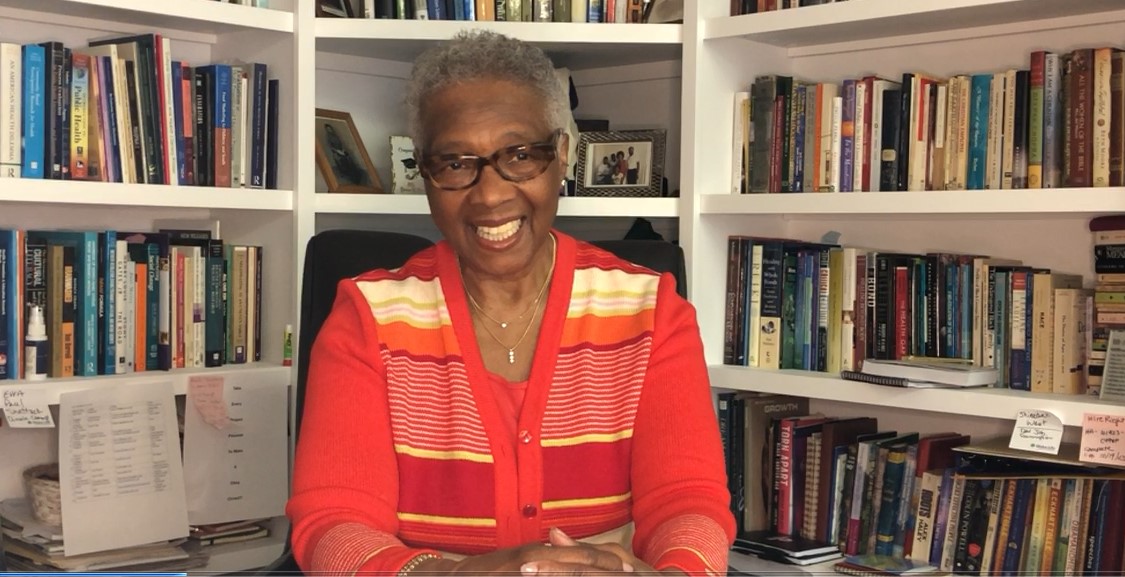Dr. Yvonne Bronner leads a research collaborative

What drives Dr. Yvonne Bronner? Her profound commitment to the well-being of mothers, children, and families. She has served their needs for more than 40 years in various capacities. Earlier in her career, she conducted research on the role of the father in breastfeeding promotion as well as research on obesity reduction through the lifespan. She went on to become the founding director of both the Morgan State University Public Health Program and the Consortium of African American Public Health Programs.
Today, serving as the head of a Coordinating Center for a first-of-its kind HRSA research collaborative, she leads this new effort to address maternal health disparities within minority communities.
The collaborative, launched in 2023, is comprised of 16 Minority-Serving Institutions (MSIs), a non-MSI institution, and the Coordinating Center at Morgan State University. The Coordinating Center is dedicated to helping researchers within these institutions build their skills and ensure that their findings are put to practical use in those communities. “I really want to stress the fact that these early-stage researchers are the future…and their work is about translating academia into action.” Dr. Bronner said.
She continued, “I am so pleased to find myself at this place where we are choosing to invest in building the capacity of these institutions…By definition, our research centers are located in the places where we need to be. Our researchers come from communities in need and our students really want to go back and serve their communities. And that’s the whole point of research—to make a difference, to use our knowledge to make things better.”
Community engagement is central to the collaborative's mission, ensuring that research efforts are grounded in the experiences and needs of the communities they serve. This approach fosters trust and enables researchers to gain valuable insights into addressing disparities effectively. The research centers are looking at the factors beyond medical care that influence health outcomes such as transportation, housing stability, economic stability, and nutrition.
Dr. Bronner expressed excitement at the prospect of community engagement advisory groups: “Together we will go to the academic conferences, the workshops, and to the community’s churches, the barber shops, the places people recreate. We’ll work to understand each other, ask the right questions, communicate what we’re learning and doing every step along the way. We call that bi-directional communication, and we think that is critical to the work.”
Due to its community-centric approach, Dr. Bronner expects the collaborative to have sustainability beyond its current 5-year funding cycle. The locus of her vision, however, is transcendent: “One thing at the very center of my love for the collaborative is that it’s really going to help us move beyond just the emphasis on race and class,” Dr. Bronner explained. “We want all mothers and all babies to survive and thrive and do well.”